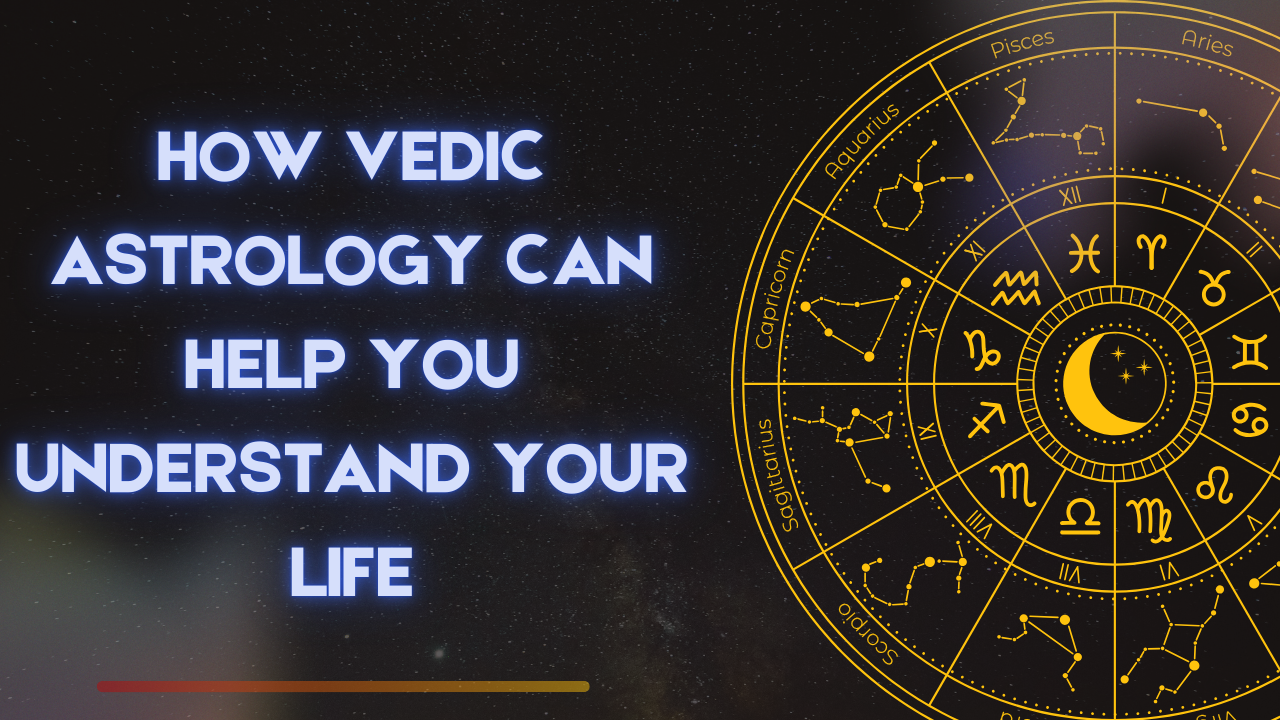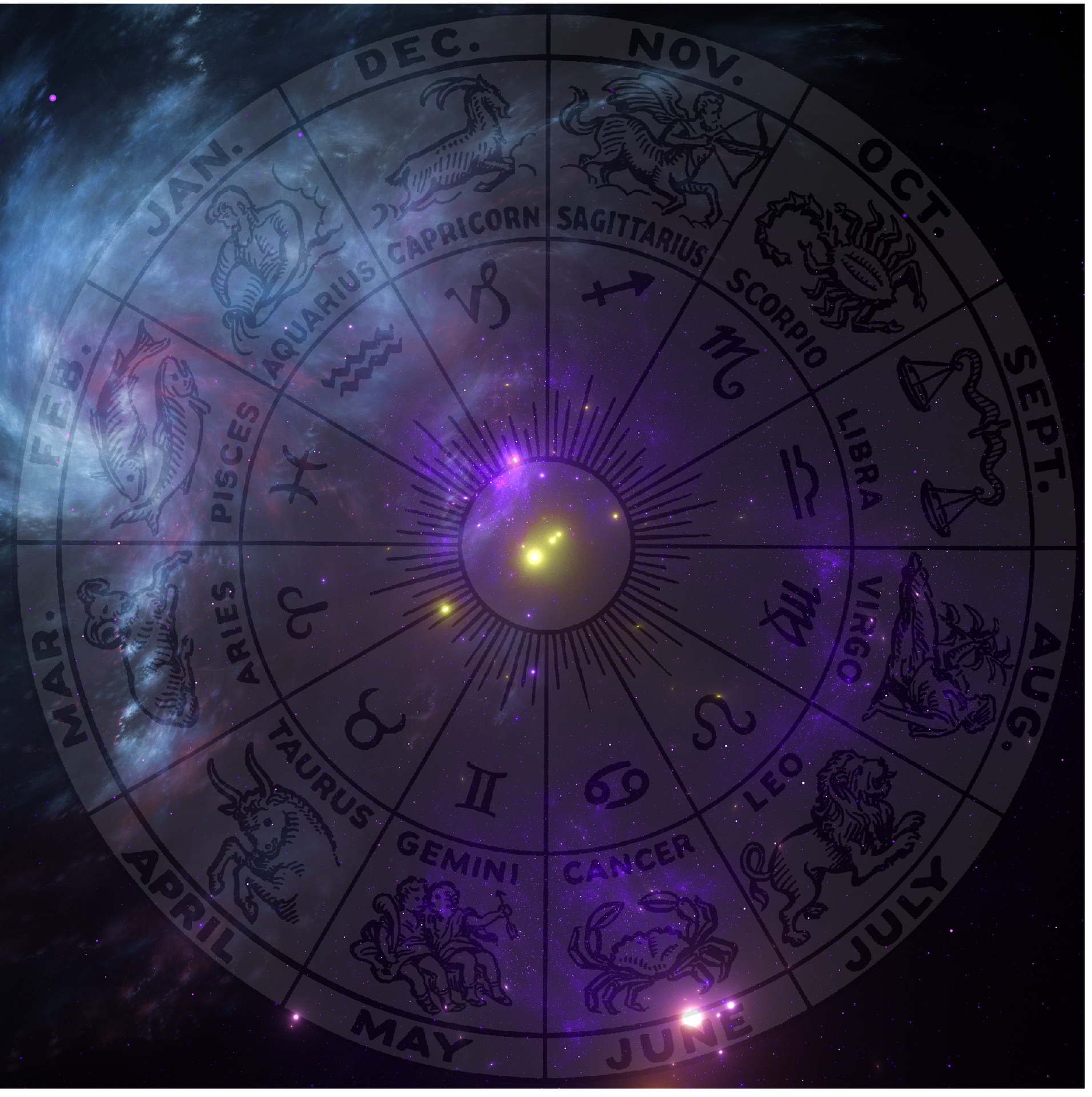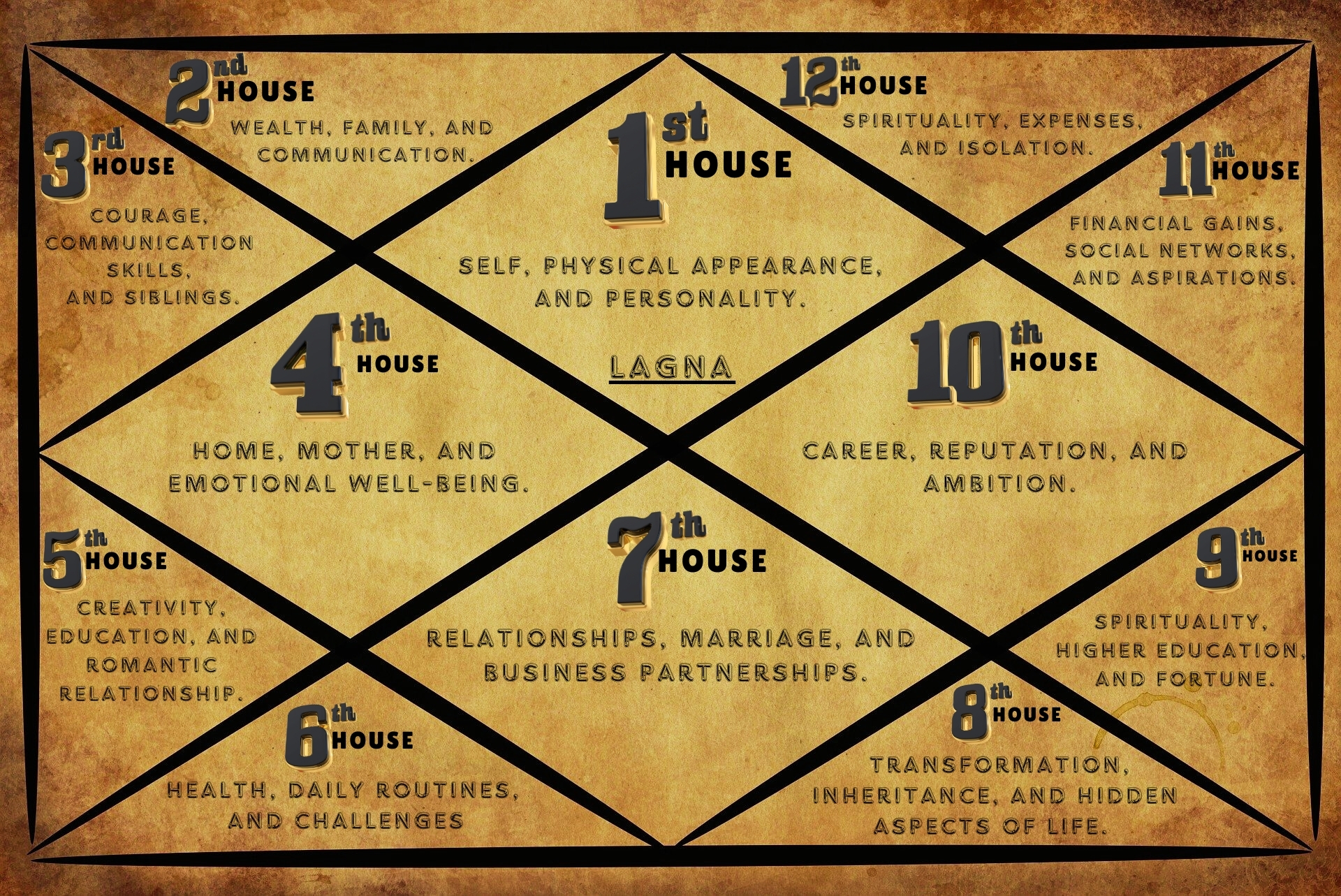Introduction
Have you ever wondered why certain things happen in your life or felt drawn to explore the deeper meaning behind your experiences? Vedic astrology, also known as “Jyotish Shastra,” is an ancient Indian science that can provide profound insights into your life’s purpose, challenges, and opportunities. By studying the positions of celestial bodies at the time of your birth, Vedic astrology creates a unique blueprint that helps you understand your life’s journey and make informed decisions. Let’s dive into how this ancient practice can transform the way you see your life.
What Is Vedic Astrology?
Vedic astrology is a centuries-old system rooted in the Vedas, the ancient scriptures of India. Unlike Western astrology, which primarily focuses on the sun sign, Vedic astrology uses the sidereal zodiac system, which accounts for the actual constellations in the sky. This approach offers a more precise and detailed analysis of your personality, relationships, and life events.
The foundation of Vedic astrology lies in three main components:
- Nakshatras (Lunar Mansions): 27 constellations that influence your emotions and mind.
- Grahas (Planets): The nine celestial entities that govern various aspects of life.
- Bhavas (Houses): The 12 houses representing different life areas, such as career, health, and relationships.
The Birth Chart: Your Personal Blueprint
At the heart of Vedic astrology is your birth chart, also known as the “Kundli.” This chart is a map of the sky at the exact time and place of your birth. It’s divided into 12 houses and displays the positions of the planets in various signs and constellations.
Each aspect of the chart reveals insights about:
- Your personality traits and tendencies
- Career and financial prospects
- Relationships and compatibility
- Health and well-being
By understanding your birth chart, you can uncover your life’s purpose (Dharma) and identify areas where you may face challenges (Karma).

How Vedic Astrology Differs from Western Astrology
Many people wonder how Vedic astrology compares to its Western counterpart. While both systems aim to provide self-awareness, they differ significantly in approach:
- Zodiac System: Vedic astrology uses the sidereal zodiac, whereas Western astrology relies on the tropical zodiac.
- Focus: Vedic astrology emphasizes the moon sign and nakshatras, offering insights into your mind and emotions.
- Predictive Power: The use of planetary periods (Dashas) makes Vedic astrology particularly effective in forecasting major life events.
These differences make Vedic astrology uniquely suited to offer a deeper, more holistic understanding of your life.
Understanding the Role of Planets
In Vedic astrology, each planet (Graha) symbolizes specific energies and influences:
- Sun: Represents your soul and vitality.
- Moon: Governs your emotions and subconscious mind.
- Mars: Symbolizes energy, drive, and ambition.
- Mercury: Represents intellect and communication.
- Jupiter: Denotes wisdom, spirituality, and growth.
- Venus: Governs love, beauty, and material pleasures.
- Saturn: Reflects discipline, responsibility, and challenges.
- Rahu and Ketu: The shadow planets associated with karmic patterns and transformation.
The placement of these planets in your chart determines their influence on your life.
The 12 Houses and Their Significance
Each of the 12 houses in your birth chart governs a specific aspect of life:
- First House (Ascendant): Self, personality, and physical appearance.
- Second House: Finances, speech, and family.
- Third House: Communication, siblings, and courage.
- Fourth House: Home, mother, and emotional well-being.
- Fifth House: Creativity, children, and past-life karma.
- Sixth House: Health, enemies, and daily routines.
- Seventh House: Partnerships, marriage, and business relationships.
- Eighth House: Transformation, secrets, and longevity.
- Ninth House: Spirituality, luck, and higher education.
- Tenth House: Career, reputation, and public life.
- Eleventh House: Gains, social networks, and aspirations.
- Twelfth House: Losses, solitude, and spiritual enlightenment.
Understanding these houses helps you identify strengths and areas for improvement in various aspects of your life.

The Importance of Dashas (Planetary Periods)
One of the unique features of Vedic astrology is the concept of Dashas or planetary periods. These periods indicate the influence of a specific planet over a particular phase of your life. For example, a Jupiter Dasha might bring opportunities for growth and learning, while a Saturn Dasha could test your patience and resilience.
By analyzing Dashas, astrologers can provide a detailed timeline of life events, helping you make better decisions and prepare for upcoming challenges.
How Vedic Astrology Can Guide Your Career Choices
Choosing the right career path can be daunting, but Vedic astrology can offer valuable guidance. By analyzing the 10th house (career) and its ruling planet, astrologers can identify professions aligned with your natural abilities and interests. Additionally, the placement of Mercury (communication), Jupiter (wisdom), and Mars (energy) can further refine your career direction.
For example:
- A strong Mercury may indicate success in writing or teaching.
- A prominent Mars might suggest a career in engineering or sports.
Strengthening Relationships with Vedic Astrology
Relationships are a crucial part of life, and Vedic astrology can help you navigate them more effectively. By studying the 7th house (partnerships) and the compatibility between two charts (synastry), astrologers can:
- Assess relationship compatibility.
- Identify potential conflicts and how to resolve them.
- Provide insights into finding the right partner.
This guidance fosters healthier, more fulfilling relationships.
Health and Well-Being Through Vedic Astrology
Your birth chart also reveals information about your physical and mental health. The 6th house governs health, while planets like the Moon and Saturn influence your emotional and physical well-being. By identifying vulnerable areas, Vedic astrology can help you take preventive measures and adopt a healthier lifestyle.
Spiritual Growth and Self-Discovery
Vedic astrology isn’t just about predicting events; it’s also a tool for spiritual growth. The 9th and 12th houses highlight your spiritual journey and connection to higher realms. Practices like meditation, yoga, and mantra chanting are often recommended to align with your planetary energies and achieve inner peace.
Practical Tips for Using Vedic Astrology in Daily Life
Here are some actionable ways to incorporate Vedic astrology into your routine:
- Follow Auspicious Timings (Muhurta): Use astrology to plan important events like weddings or business launches.
- Perform Remedies: Simple practices like wearing gemstones or chanting mantras can mitigate planetary challenges.
- Track Transits: Stay informed about planetary movements to understand their temporary influences on your life.
- Consult an Expert: A professional astrologer can provide personalized guidance tailored to your chart.
Conclusion
Vedic astrology is a timeless practice that offers profound insights into every aspect of life. From understanding your personality and career path to strengthening relationships and achieving spiritual growth, it serves as a powerful tool for self-discovery and empowerment. By exploring your birth chart and aligning with cosmic energies, you can unlock your true potential and navigate life with clarity and confidence.
So, why not take the first step today? Delve into the world of Vedic astrology and uncover the secrets of your life’s unique journey.



